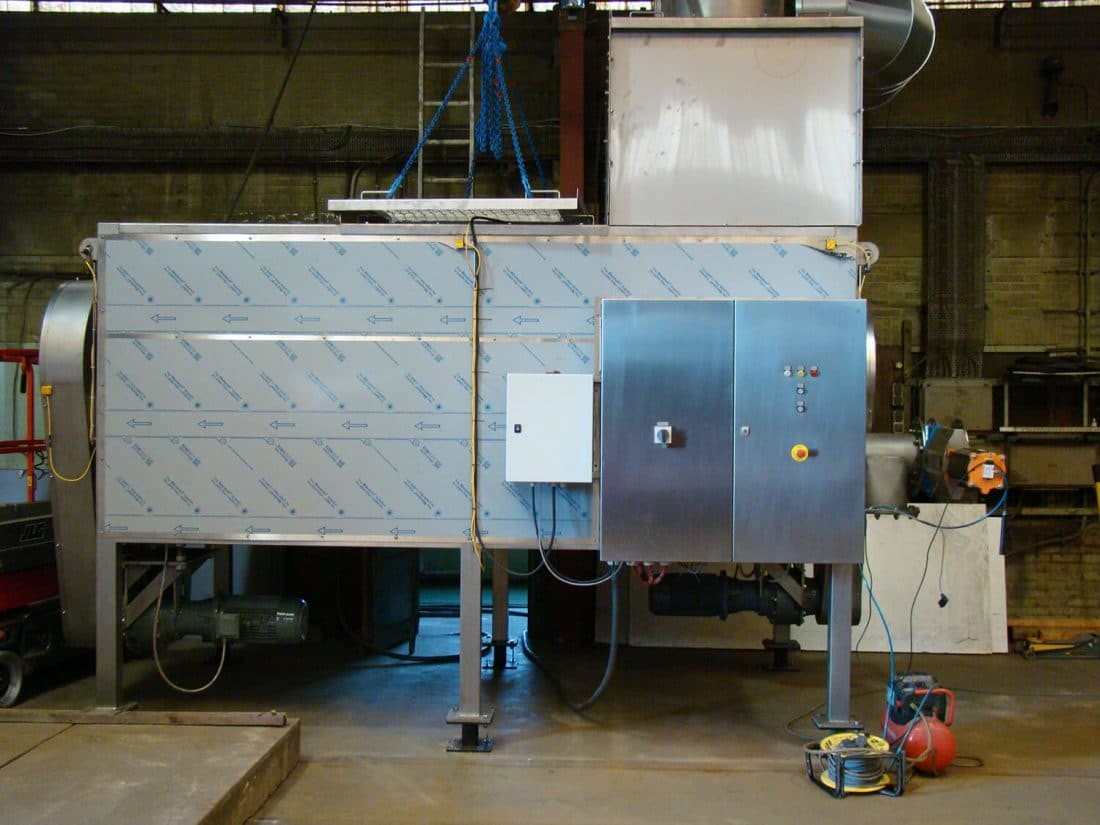Urban areas in Bangladesh generate 25,000 MT of solid waste per day on an average [Source: Environment and Social Development Organization (ESDO)]. Moreover, the per capita waste generation rate is projected to increase to 0.69 kg in 2025 compared to 0.49 kg in 1995. On the other hand, the annual usage of organic fertilizer is 60-70 thousand MT in Bangladesh which represents a market of Tk.105-120 crore with a staggering growth rate of 30% annually. Now, producing organic fertilizer through waste management can start a paradigm shift in these sectors. ACI is planning to introduce a waste management technology in Bangladesh that will convert organic wastes into bio-fertilizers – a key substance to improve soil fertility. The technology, called EcoDigester, will be brought in collaboration with the Netherlands and uses a specific bacteria that can process any decomposable waste in just 24 hours. In addition to large-scale waste management, the machine will produce organic fertilizers, which are important for sustainable agriculture.
The machine can work on all types of decomposable waste, such as food, vegetable, fish and meat waste, leftover hay after paddy harvest, and chicken droppings. There are both larger and smaller versions of the machine to meet the demand of different target groups. Large waste management bodies like city corporations can process 10 MT of waste and produce 2 MT bio-fertilizers per day. ACI will not only provide the technology but also collect the produced bio-fertilizer for marketing, repackaging, and distribution in the agricultural input markets of the country. This technology will certainly play an important role in protecting the environment as well as increasing soil fertility. Moreover, the availability of organic fertilizers at a low cost will be ensured.
Dr. F H Ansarey
President
ACI Agribusinesses Division




